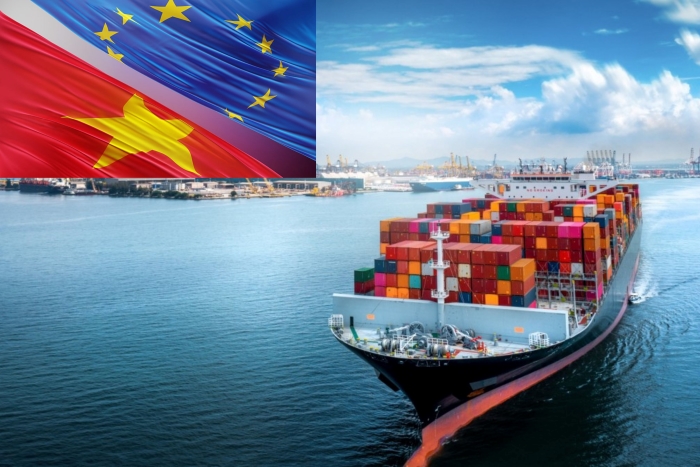Vietnam’s Economic Potential and EU-Vietnam Cooperation
Vietnam has many favorable conditions for economic growth, including a government open to investment and ongoing reforms to enhance global trade integration. Jens Ruebbert, Chairman of the EU-ASEAN Business Council, highlighted these strengths in an interview.

Opportunities and Challenges for European Businesses
Vietnam’s dynamic and fast-growing economy offers significant opportunities for European businesses. Key advantages include a young, skilled workforce and policies supporting foreign investment. However, challenges remain, such as regulatory complexity, administrative inefficiencies at regional levels, and the need for further infrastructure improvements, particularly in logistics and ports.
Sectors with the most potential for cooperation include trade, green energy, high-tech industries, biotechnology, and transportation. The EU-Vietnam Free Trade Agreement (EVFTA) has played a crucial role in facilitating investment and economic exchanges.
Strengthening EU-Vietnam Business Connections
The EU-ASEAN Business Council actively fosters business ties by organizing annual delegations to Vietnam, engaging with ministries on trade and investment policies. In 2023, over 120 European business leaders participated in discussions with nearly 20 Vietnamese ministries.
Three key initiatives shaping Vietnam’s economic future include its ambitious GDP growth target of 8% by 2025, the country’s largest governance restructuring since Doi Moi, and new policies emphasizing science, technology, and digital transformation as economic drivers.
Impact of Tax and Customs Reforms
Vietnam’s tax and customs reforms focus on simplifying procedures, increasing transparency, and aligning with international standards. Key measures include digitalizing tax filings, streamlining customs processes, and reducing tariffs under the EVFTA. These reforms have improved the business climate, making Vietnam a more attractive destination for European investors.
However, challenges remain, such as inconsistent implementation at local levels and the need for further regulatory streamlining. Additionally, Vietnam must enhance infrastructure to keep up with rising trade volumes. Despite these hurdles, European businesses view Vietnam’s reforms positively, as they facilitate trade, lower costs, and improve market predictability, supporting long-term investment.


